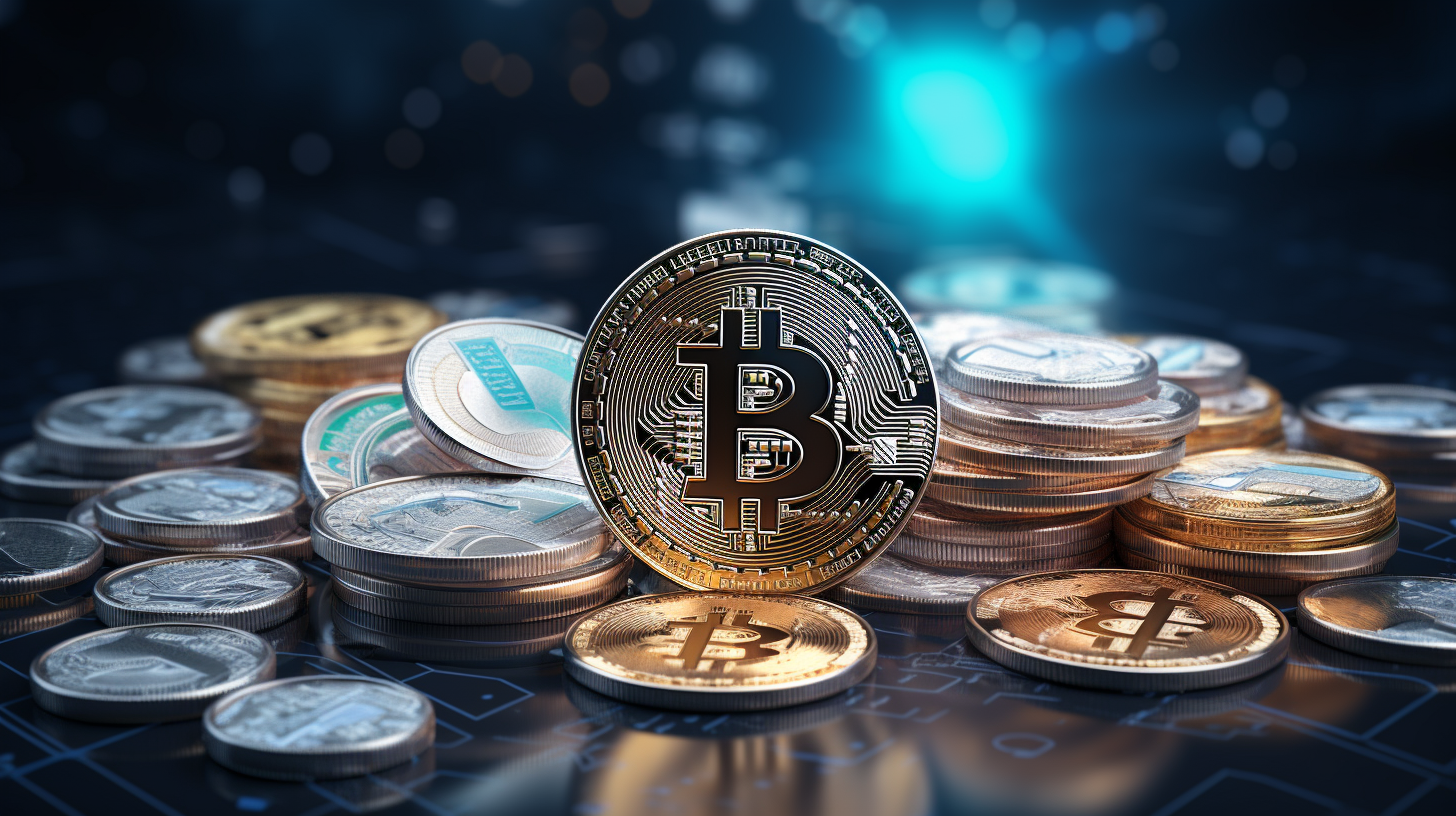Imagine a world where the anxiety of healthcare expenses dissipates in the soothing reality of cryptocurrencies. As you step into this world, your medical needs are not just a matter of physical health but also an exercise in financial innovation. This is the vision of a brave new world where cryptocurrencies unite with healthcare, potentially revolutionizing the way we access, pay for, and think about medical services.
Blockchain technology, the backbone of cryptocurrencies, offers a plethora of advantages to the healthcare industry. With its ability to ensure data integrity and security, patients can sleep a little easier knowing their medical records are tamper-proof and private. Imagine a ledger that updates your health info in real-time, accessible anywhere, anytime – all encrypted on the blockchain. And with smart contracts, those complex billing processes and insurance claims could beautomatically verified and settled, squashing the bureaucracy that currently bloats our systems.
But what about the day-to-day of healthcare in a crypto economy? How would Johnny pay for his dentist appointment or Sally cover her physiotherapy sessions? In this parallel universe the transactions could be simple, swift, and secure. Bitcoin, Ethereum, or perhaps a specialized HealthToken – could be swiped, scanned, or transferred within seconds, making co-pays and deductibles a breeze.
And let’s not overlook the global implications. International health philanthropy might experience a renaissance with borderless transactions fueling humanitarian aid, directly funding health campaigns, or supporting medical research without the chokehold of exchange rates and banking delays.
But every coin has two sides – digital or otherwise. With all its upside, crypto healthcare is still in its infancy, its practical application is patchy, and its regulatory landscape is as clear as a fogged-up stethoscope. What’s to stop massive price volatility from turning routine checkups into financial rollercoasters? And could inequality in digital access translate to inequality in healthcare access?
Let’s entertain the notion that none other than Decentralized Autonomous Organizations (DAOs) might just provide a checkup for our healthcare system. Crowd-funded, transparent, and governed by its members – a DAO dedicated to healthcare could democratize decisions about funding research, purchasing medical equipment or negotiating service costs with providers.
Within this brave new world, the concept of ‘health mining’ may emerge, where good health practices and wellness check-ins reward individuals with health tokens – a novel idea marrying preventive healthcare with financial incentives. ‘Earn as you Burn’ could take on a whole new meaning as fitness trackers interface with wallets to pay health dividends in digital currencies.
So, is the notion of a crypto-based healthcare system a panacea or a pipedream? As we traverse this digital terrain, the intersection of technology and healthcare emerges as a frontier bustling with potential. But it’s fraught with as many challenges as opportunities. It’s critical to approach each step with equal measures of hope and caution.
In conclusion, while the unison of cryptocurrencies and healthcare paints a dazzling picture of the future, it’s evident that extensive work remains. Interoperability, regulatory harmonies, and technological maturity all play pivotal roles in whether this potential can be fully realized or if it will remain a visionary concept. The prescription for the future isn’t filled out just yet, but it’s worth keeping a close eye on the blockchain – it might just hold the remedy we’ve all been waiting for.
